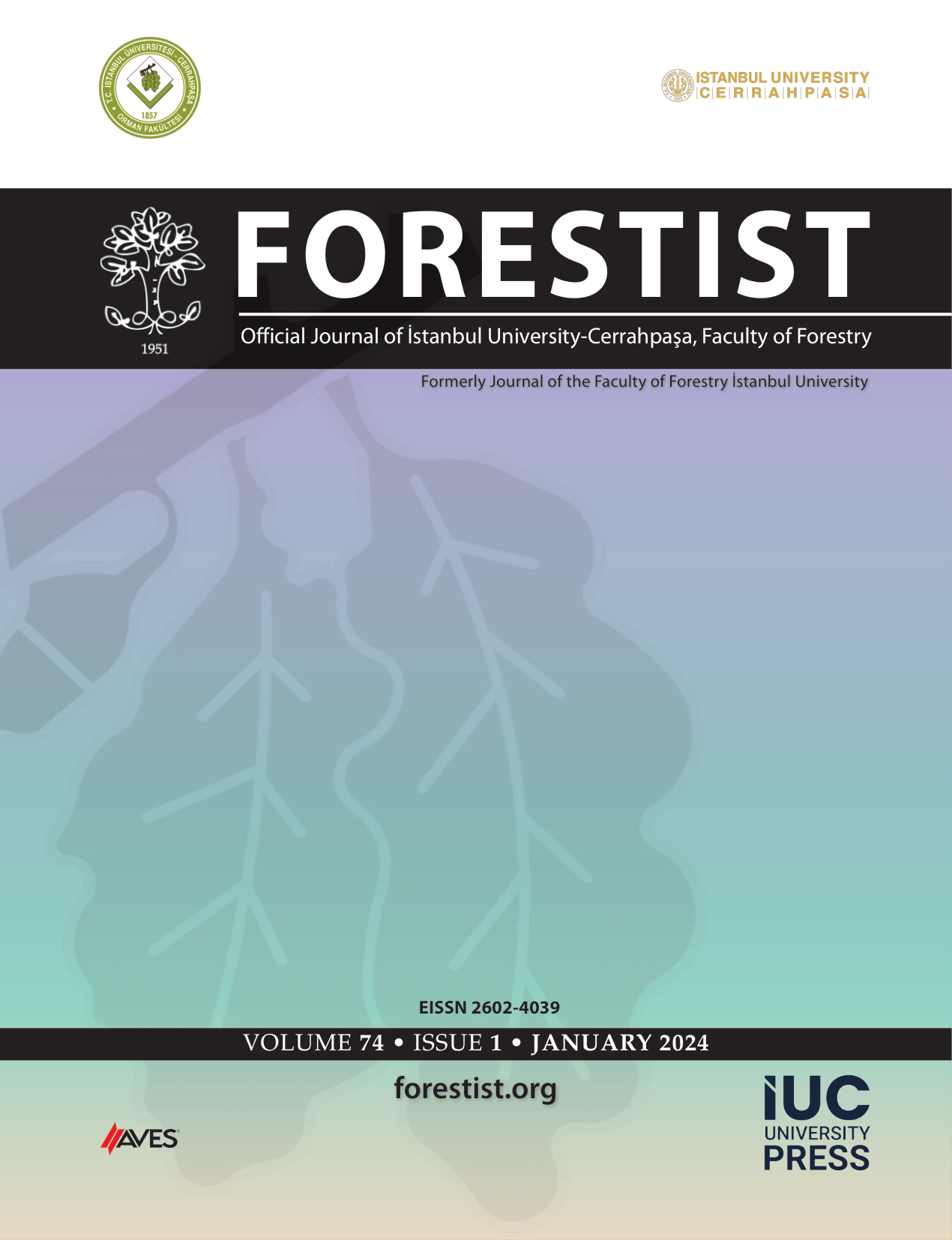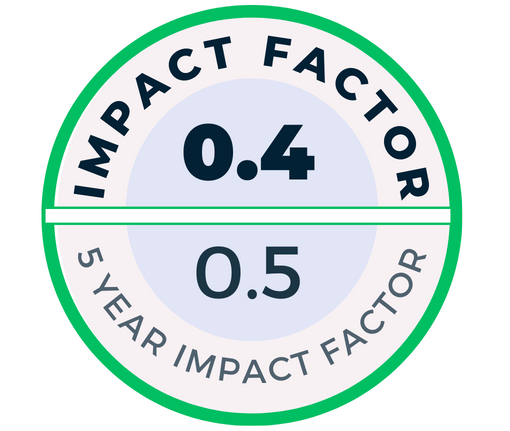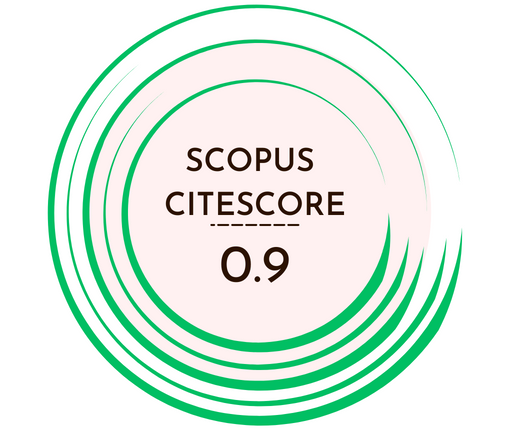In Nigeria, illegal logging in the rural areas is more complicated with the weak legal frameworks on environmental laws and crime, which lacked speci#city and clear implementation strategies. Illegal logging in the rural Southeast Nigeria, though not visible to the international community, is much escalating following the level of poverty and ignorance among the population. Although a number of studies have scratched the issue of illegal logging at least, in Nigeria, however, the complex nature of the issue in Southeast Nigeria is yet to re$ect on the current literature. In view of the aforementioned, this study investigated the public perception of environmental crime and involvement in illegal logging in southeast Nigerian rural communities. The study applied survey design involving 1080 adults (18+) living in rural communities in the region. Data were collected with questionnaire and analyzed using descriptive and inferential statistics. According to the #ndings of the study, majority of the respondents (88%) indicated observing frequent logging activities in the rural communities in Southeast Nigeria. Knowledge of environmental law involving community forest reservation was predicted by education, occupation, duration of residency, ecological knowledge, etc. (p < .05; R2=52.4), while frequent logging in the southeast rural communities can be predicted by age, education, knowledge of traditional use of economic trees, frequency of government visitation to the communities, knowledge of forest laws, etc. (p < .05; R2=61.8). The study concludes that concerted e%orts in including the rural population in the ongoing global ecological sustainability of forest and economic trees among the developing nations will go a long way in changing the current narrative in forest and economic tree conservation
Cite this article as: Nwokeoma, B., Okafor, S., Onah, S., Nwokeoma, S., & Amadi, G. (2024). Illegal logging in rural Southeast Nigeria: Implication for environmental crime and ecological sustainability. Forestist, 74(1), 102-111.





